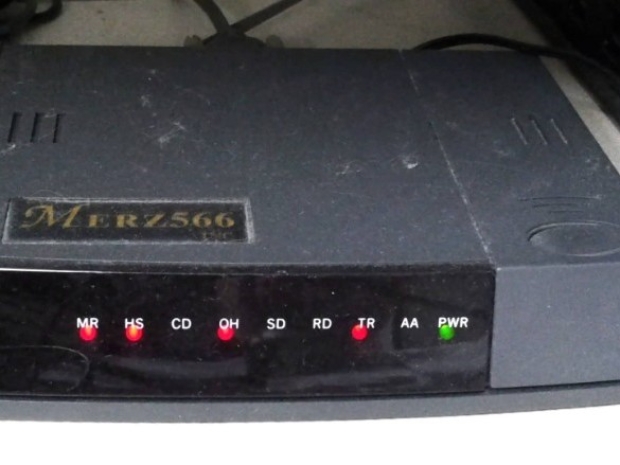Jieyu Zheng and Markus Meister explain in their study, The Unbearable Slowness of Being have worked out that while our senses take in billions of bits of data every second, our brain intelligently sifts through the chaos, letting through only what's important.
This is no accident. that the brain is built this way for survival. Instead of getting overwhelmed by a flood of details, the brain has a system to focus on what matters most.
It ensures we act quickly and effectively without being bogged down by unnecessary information.
“This defines a paradox: the vast gulf between the tiny information throughput of human behavior and the huge information inputs on which the behavior is based. This enormous ratio—about 100,000,000—remains largely unexplained,” the report said.
“The discrepancy between peripheral processing and central cognition suggests that the brain operates in two distinct modes: the outer brain is closely connected to the external world through sensory inputs and motor outputs. This is a realm of high dimensionality: many millions of sensory receptors and muscle fibers and extremely high information rates. The inner brain, on the other hand, operates on a dramatically reduced data stream, filtered to the essential few bits that matter for behaviour,” the report said.
The slow pace of the human brain might seem like a drawback, but it has been sufficient for survival throughout human history. Evolution prioritised efficiency over speed, enabling the brain to focus on critical tasks without wasting energy.
While machines continue to outpace us in raw processing power, the human brain remains unmatched in its ability to prioritise and adapt.




